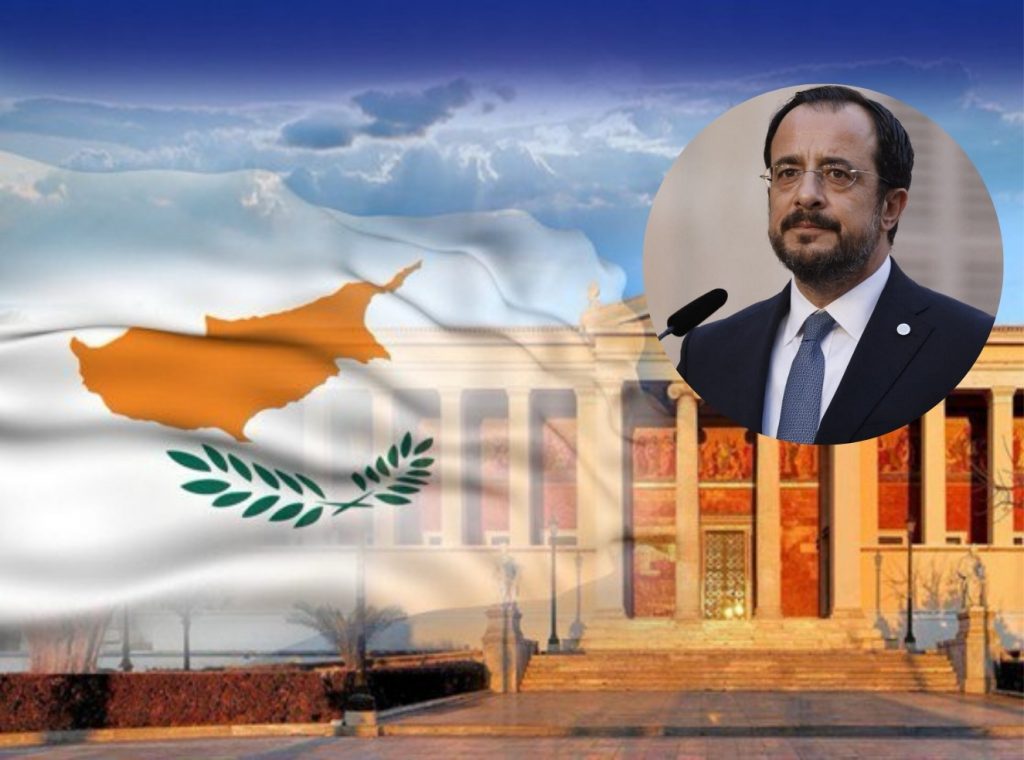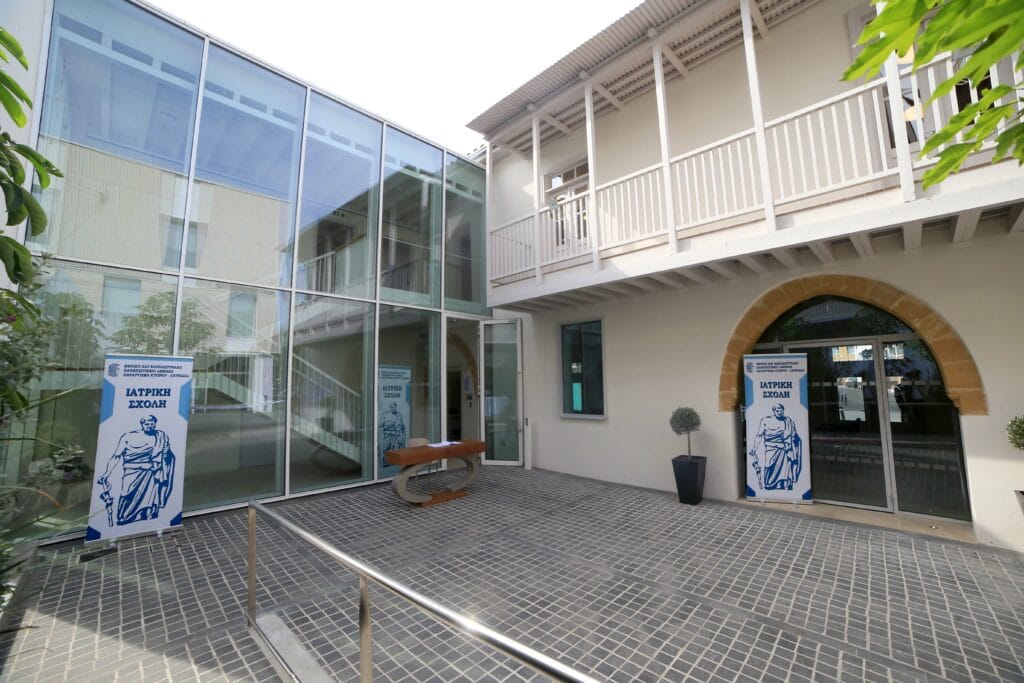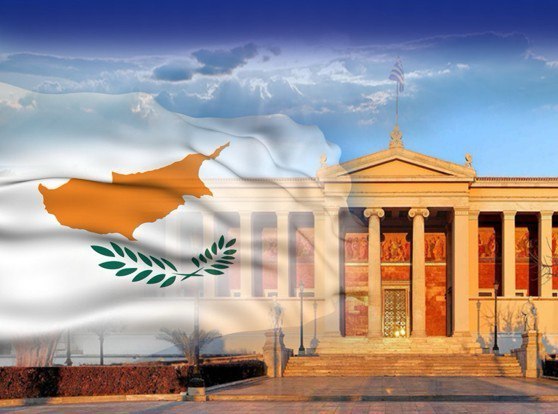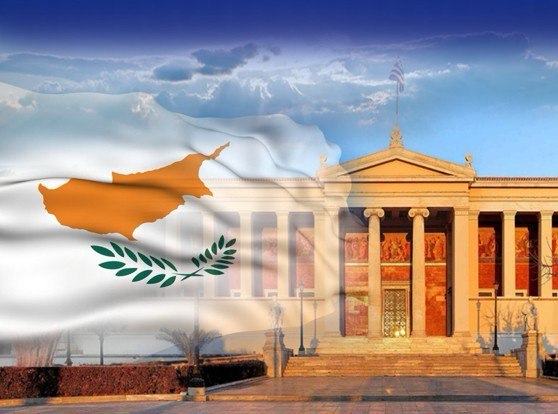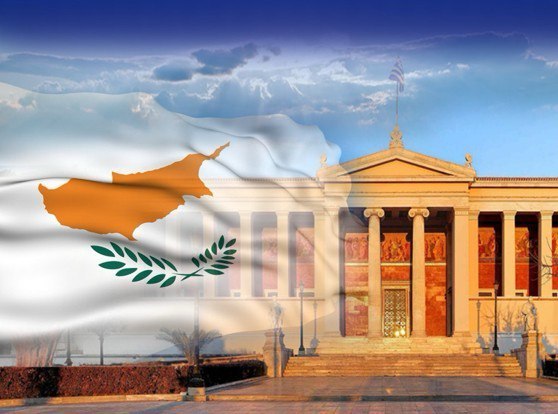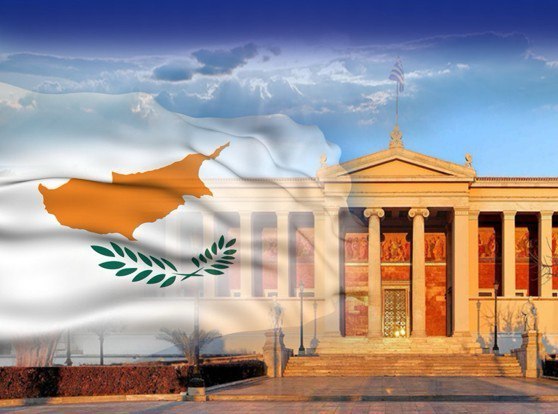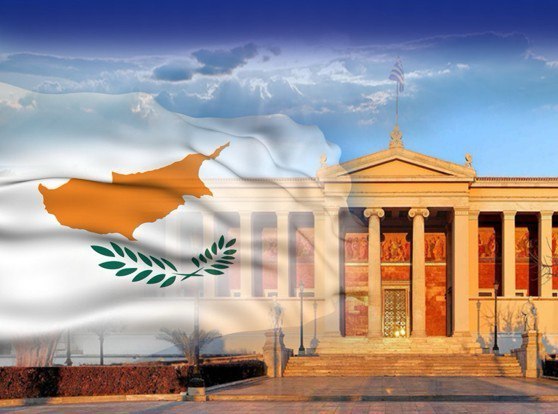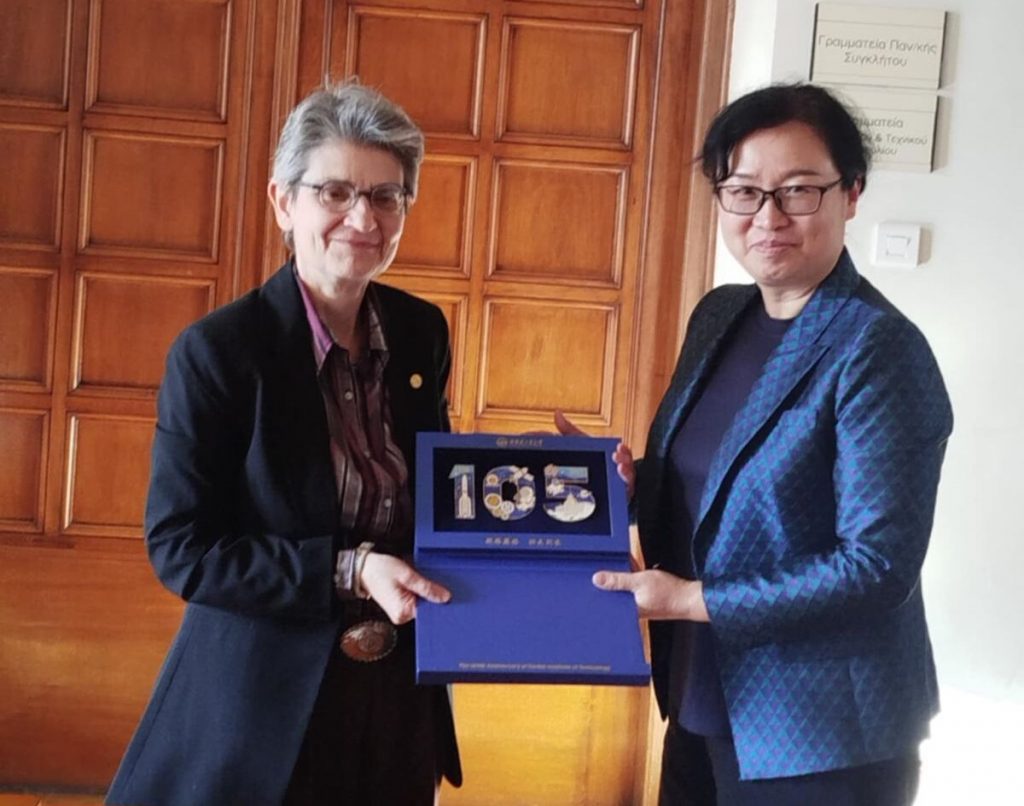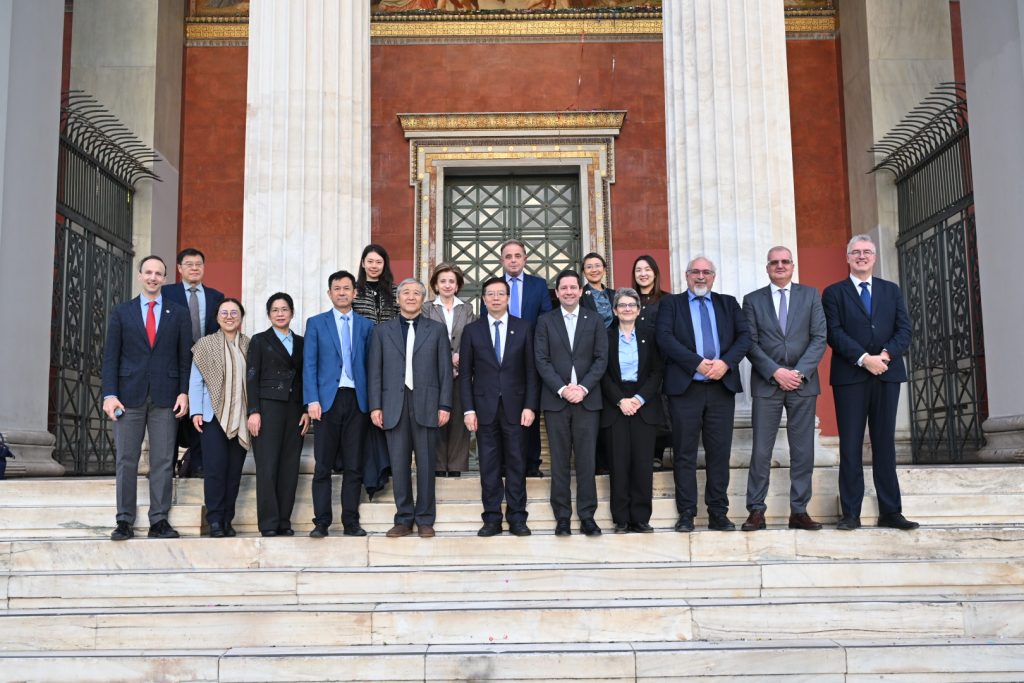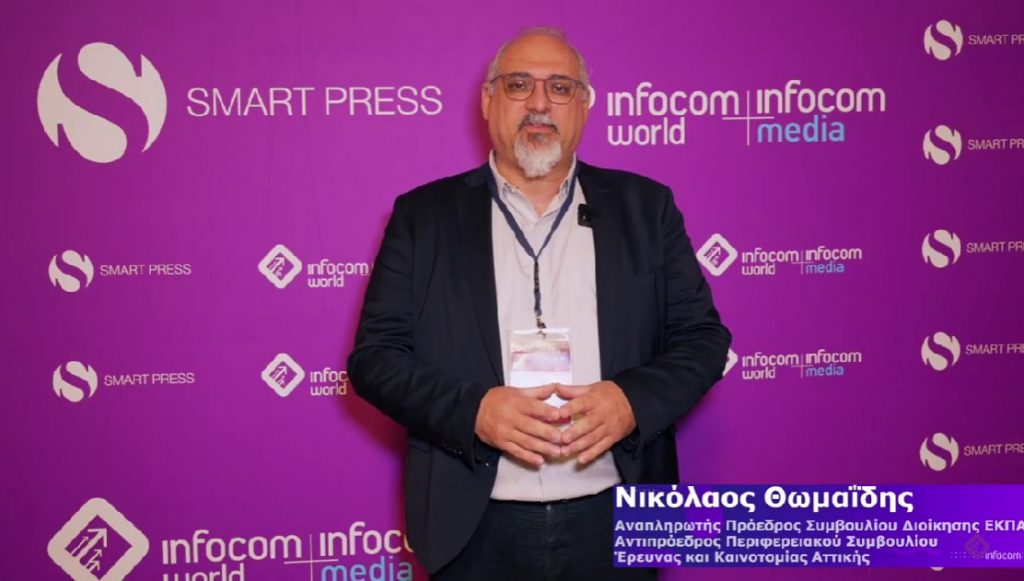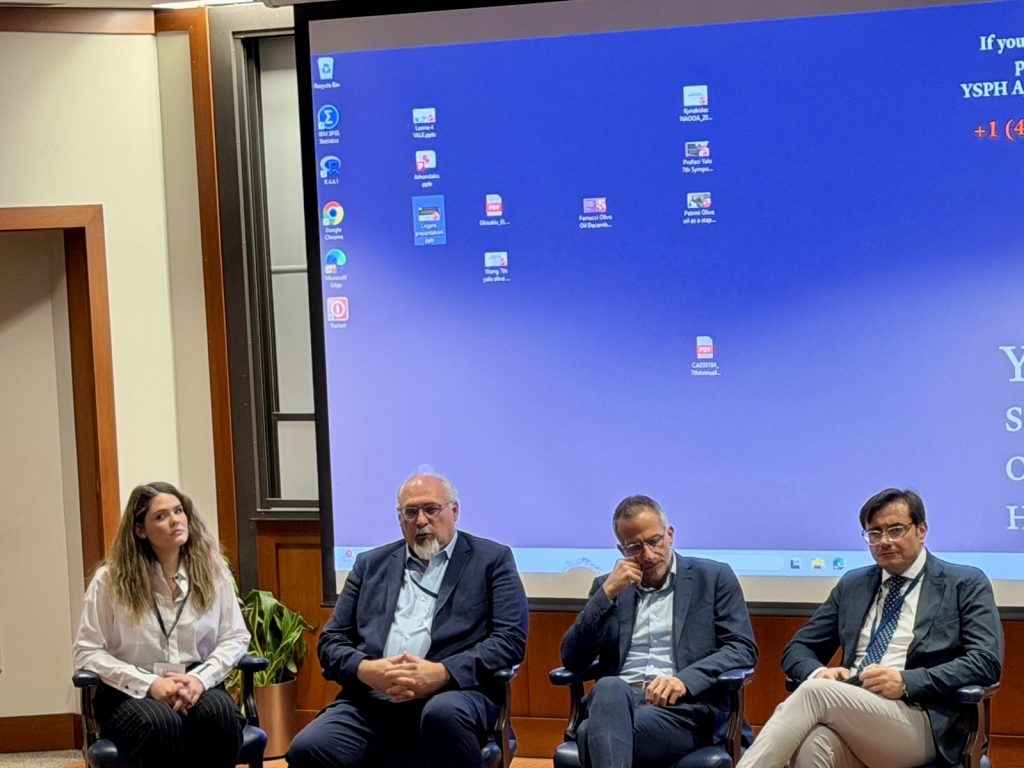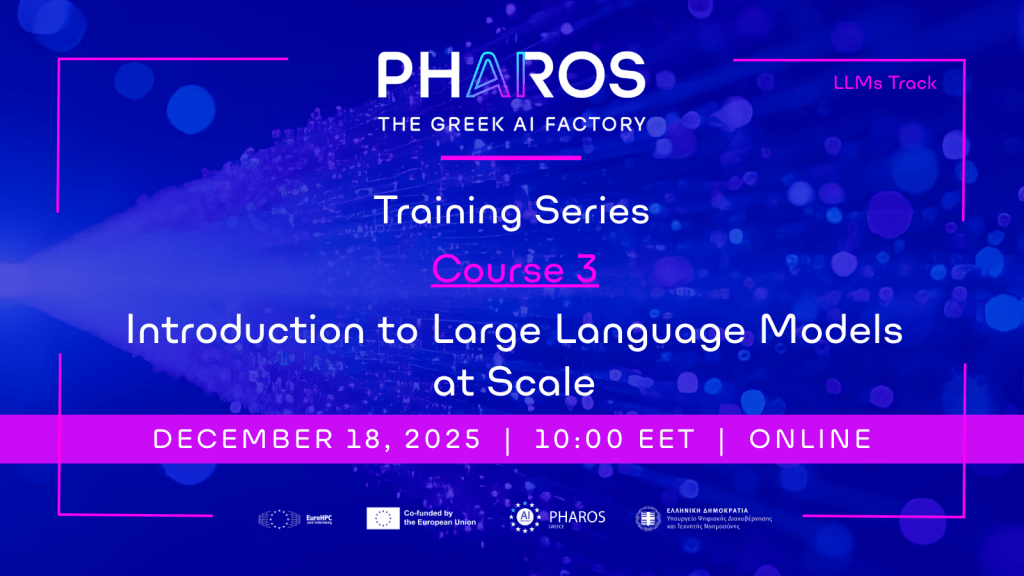The final conference of the research project “International Economic Law and Inclusiveness in Greek Society” was held on 22 September 2025 in the conference hall of the Kostis Palamas building of the National and Kapodistrian University of Athens (Akadimias 48 and Sina). During the conference, the results of the project were presented, focusing on the potential utilization of International Economic Law (IEL) tools to promote the inclusion of vulnerable social groups, particularly women and third-country nationals, as well as to enhance the position of small and medium-sized enterprises (SMEs) in Greek and international markets. In parallel, prospects for further relevant research were explored. In addition, participants discussed whether it is both possible and necessary for the Greek State to adopt a multi-level inclusive policy, one that draws on national, European, and international tools.
The conference opened with a welcome address by Professor Constantinos Christodoulou, Dean of the Law School of the National and Kapodistrian University of Athens. In the first session, the chairwoman, Professor Maria Gavouneli, after emphasizing on the need to promote women’s inclusion, despite the existence of a generally adequate regulatory framework within the Greek legal order pertaining to gender equality, gave the floor to the PhD candidate Vera Hatzigeorgiou. The latter presented specific provisions and chapters on women contained in international trade agreements, with particular emphasis on exemption clauses, cooperation provisions, and Trade and Gender Committees. The co-founder of WHEN Ms. Pinelopi Theodorakakou then presented research conducted by the non-governmental organization WHEN on the situation of women in Greece, along with data from other relevant bodies, highlighting both the gender funding gap and the frequent violations of women’s rights in the workplace. Ms. Eva Tzavala, legal expert at the Greek National Commission for Human Rights (NCHR), who spoke next, discussed aspects of coordinated efforts to address these issues, highlighting the role of the NCHR in promoting the inclusion of women and, more specifically, the various actions of the NCHR, which, inter alia, aim at strengthening female entrepreneurship. Finally, the postgraduate student Ms. Natalia Kostara examined possible ways to integrate the gender dimension into public procurement under the regulatory framework of the World Trade Organization (WTO), and the compatibility of such efforts with the Agreement on Government Procurement (GPA).
In the second session, the chairwoman, Professor Foteini Pazartzi, after linking the themes of the four upcoming speeches, gave the floor to the post-doc researcher Dr. Nikolaos Voulgaris. Mr. Voulgaris began by demonstrating that, to date, the IEL has not been effectively utilized as a means of including third-country nationals. He then presented a set of tools drawn from both international trade and international investment law that could contribute to the economic inclusion of this vulnerable social group, such as the facilitation of remittances and the promotion of corporate social responsibility. Τhe post-doc researcher Dr. Maria-Louiza Deftou followed, discussing the relationship between international investment law and integration policies for third-country nationals, while also addressing the issue of golden visas and relevant European case law. The director of MedMA Dr. Markos Karavias then provided an overview of legal migration at the European level, exploring its parameters and the EU’s strategy for migrant integration. Finally, the director of Migration Policy of the Ministry of Migration and Asylum Mr. Michail Kosmidis offered an in-depth analysis of Greek legislation concerning investments in public migration policy, focusing on legally residing third-country nationals, based on the provisions of the new immigration code.
In the third session, the chairman, Professor Alexandros-Linos Sisilianos, after linking the themes of the three upcoming speeches, gave the floor to the General Secretariat of Private Investments of the Ministry of Development Ms. Stelina Siarapi. The latter presented the Ministry of Development’s guidelines for transforming Greece’s productive model. She outlined the opportunities provided by the new development law to support SMEs and promote sustainable development. The PhD candidate Alexandros Papadimitriou then elaborated on specific provisions in international trade agreements targeting SMEs owned or led by under-represented or vulnerable social groups. He focused particularly on provisions related to cooperation, e-commerce, public procurement markets, and Joint Committees for SMEs. Finally, the scientific collaborator of the Economic and Social Council of Greece Dr. Dimitrios Bibas highlighted the institutional importance of social dialogue between productive and social actors in promoting sustainable development policies and enhancing citizens’ participation in the country’s economic life.
The conference concluded with a roundtable discussion coordinated by Associate Professor Georgios Kyriakopoulos, Deputy Dean of the Law School of the National and Kapodistrian University of Athens. The roundtable featured professors specializing in IEL and the research director of diaNEOsis, Dr. Faii Makantasi, who outlined the key aspects of Greek society that any inclusive socio-economic policy must consider. Building on this, the Assistant Professor Anastasios Gourgourinis presented the rationale behind the policy proposals developed by IEL4inclusion, alongside specific proposals based on tools from international trade and international investment law. The panel then discussed these proposals. The Associate Professor Maria Panesi focused particularly on those aimed at the economic empowerment of women, stressing that the critical issue is the binding character of the relevant IEL tools and their ineffective implementation -due, inter alia, to lack of information. Finally, Professor Panagiotis Delimatsis highlighted the proposals concerning the economic empowerment of third-country nationals, underlining the potential benefits of the WTO’s General Agreement on Trade in Services (GATS), specifically its Mode 4.
The final conference gave the research team members the opportunity to share the results of their research and helped promote discussion with institutional (and non-institutional) bodies on the policy proposals of IEL4inclusion.
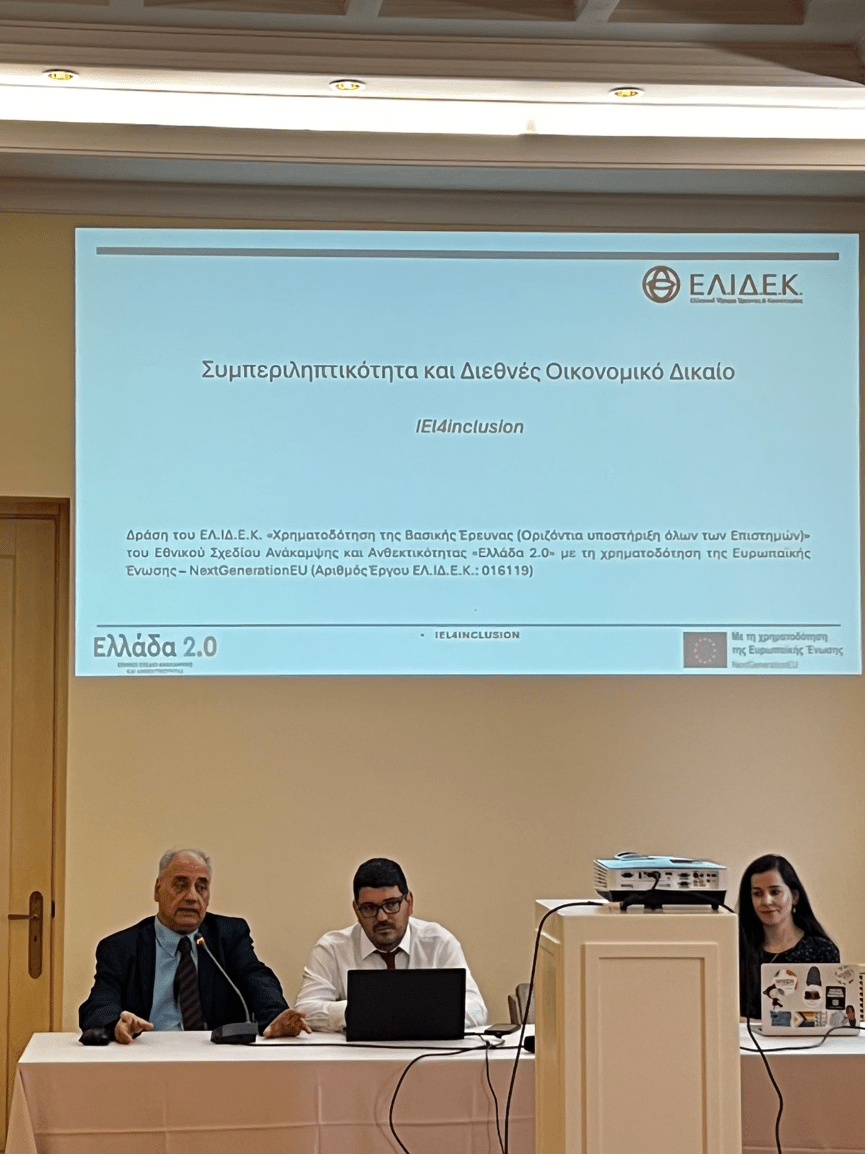
Anastasios Gourgourinis
Assistant Professor, School of Law of the NKUA
Principal investigator of the project IEL4inclusion




